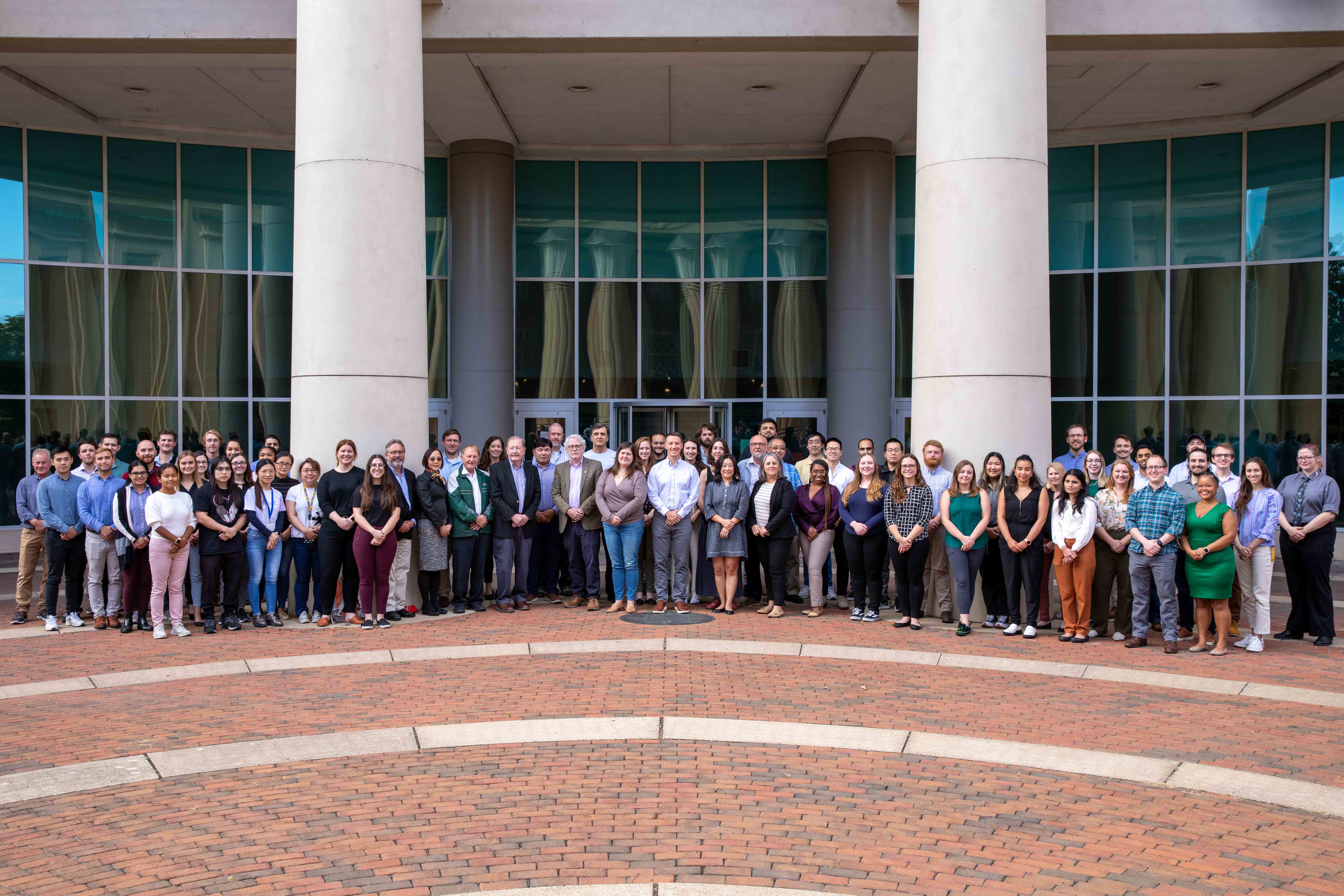Department of Microbiology and Immunology
About the Department
Located on the MCV Campus in downtown Richmond, the Department of Microbiology and Immunology is home to a diverse, vibrant community of researchers, educators and learners. With a strong history of research funding, our department strives to advance scientific knowledge in the biomedical sciences and inform medical advancements that improve patient outcomes. Our innovative studies span a broad spectrum of areas within the fields of microbiology and immunology:
- Allergy and autoimmunity
- Host-pathogen interactions and molecular pathogenesis
- Human microbiome science and microbial genomics
- Reproductive immunology
- T-cell therapy and vaccine development
- Tumor biology, cell signaling and epigenetics
As educators, we are proud to provide a collaborative, collegial learning environment for our students. Faculty and postdoctoral fellows serve as dedicated mentors, providing an individualized educational experience and shaping the next generation of successful scientists.
Department History
The University College of Medicine and Medical College of Virginia merged, and the Department of Bacteriology had three faculty members, including Edgar Calvin Leroy Miller, M.D. Dr. Miller, who developed the diphtheria antitoxin and worked on bacterial vaccines for ten years, also established the Department of Biochemistry.
Dr. Miller requested funding for a larger autoclave for students taking bacteriology. At the time, the major public health concerns were diphtheria, tuberculosis and typhoid fever.
The Department of Bacteriology was renamed the Department of Bacteriology and Parasitology.
MCV's first graduate degree, an M.S. degree in the Department of Biochemistry, was offered. The first two students graduated in 1936.
J. Douglas Reid, Sc.D., became chair of the department.
The department was renamed the Department of Microbiology.
MCV converted its medical curriculum from the traditional subject matters to an organ system-oriented program. Microbiology and immunology were no longer taught as preclinical disciplines but scattered throughout the years.
Premedical science departments pooled to form the School of Basic Sciences, to facilitate the expansion of graduate studies in the biomedical sciences at MCV.
Dr. Reid announced his retirement and was succeeded by S. Gaylen Bradley, Ph.D.
MCV and the Richmond Professional Institute were merged under the name of Virginia Commonwealth University.
Francis L. Macrina, Ph.D., became chair of the Department of Microbiology and Immunology, before serving as interim director of VCU Massey Cancer Center and then vice president for research and innovation.
Dennis E. Ohman, Ph.D., became chair of the department and worked diligently for 26 years. His research involved molecular genetics, biochemical, and biophysical techniques to study various pathogenic properties of the bacterium, Pseudomonas aeruginosa, and its mechanisms that cause life-threatening infections in persons with immuno-compromised conditions. Dr. Ohman and his group were the first to determine the function of many of its genes, and the basis for their regulation. During that time he was named Fellow of the American Academy of Microbiology (AAM), served as president of the Association of Medical School Microbiology & Immunology Chairs (AMSMIC) and was recognized with the Richard T. Jones Distinguished Alumnus Scientist Award from the Oregon Health & Science University.
